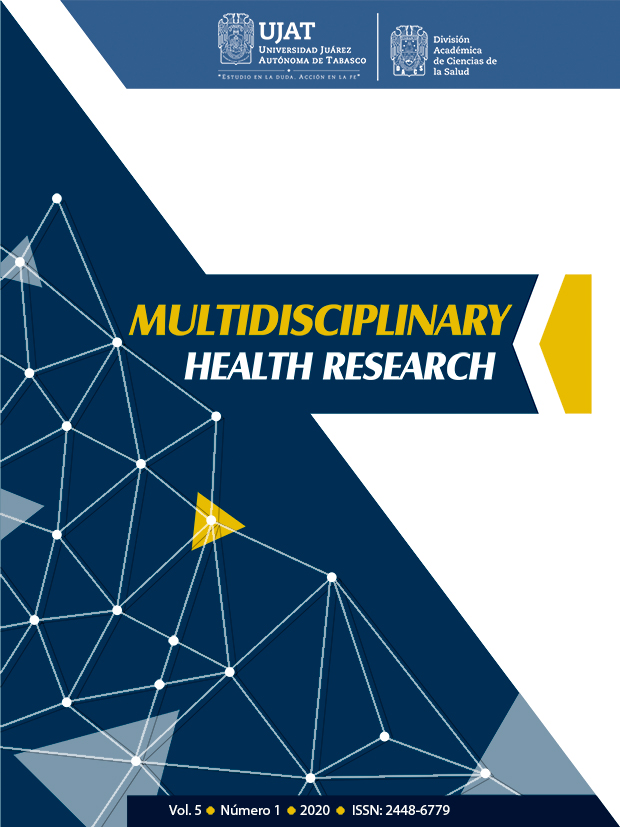Use of chronic medications in a Community Health Service (January-December 2015).
DOI:
https://doi.org/10.19136/mhr.a5n1.4071Abstract
Non-communicable diseases (NCDs) are long-term pathologies whose result is the combination of various factors where pharmacotherapy (PT) includes various highly variable efficiency treatments. The present investigation evaluated the degree of use of PT in diabetic and hypertensive outpatients of a Community Health Center (CHC) of Cunduacan, Tabasco during the January - December 2015 period through a descriptive, cross-sectional and retrospective study that included the review of the clinical history of ambulatory patient. Population was divided according to the clinical diagnosis: 1) diabetes (T2D), 2) hypertension (HT) and 3) diabetes with hypertension (T2D -HT). The most prescribed drug for T2D -HT and T2D was metformin-glyburide, while for HT it was losartan. Drug interactions (DI) of mild severity (7.69%), moderate (90.77%) and severe (1.54%) were identified; medication errors (ME) in 45.45% and medication-related problems (MRP) in 77.92%. Participation of the pharmacist and its integration into multidisciplinary teams in the field of public health will contribute to improve the efficiency of the patient's PT, increase their quality of life and will result in tangible benefits within NCD prevention and control strategies.
Published
Issue
Section
License
Copyright (c) 2020 Author(s) & Multidisciplinary Health Research

This work is licensed under a Creative Commons Attribution-NonCommercial 4.0 International License.


